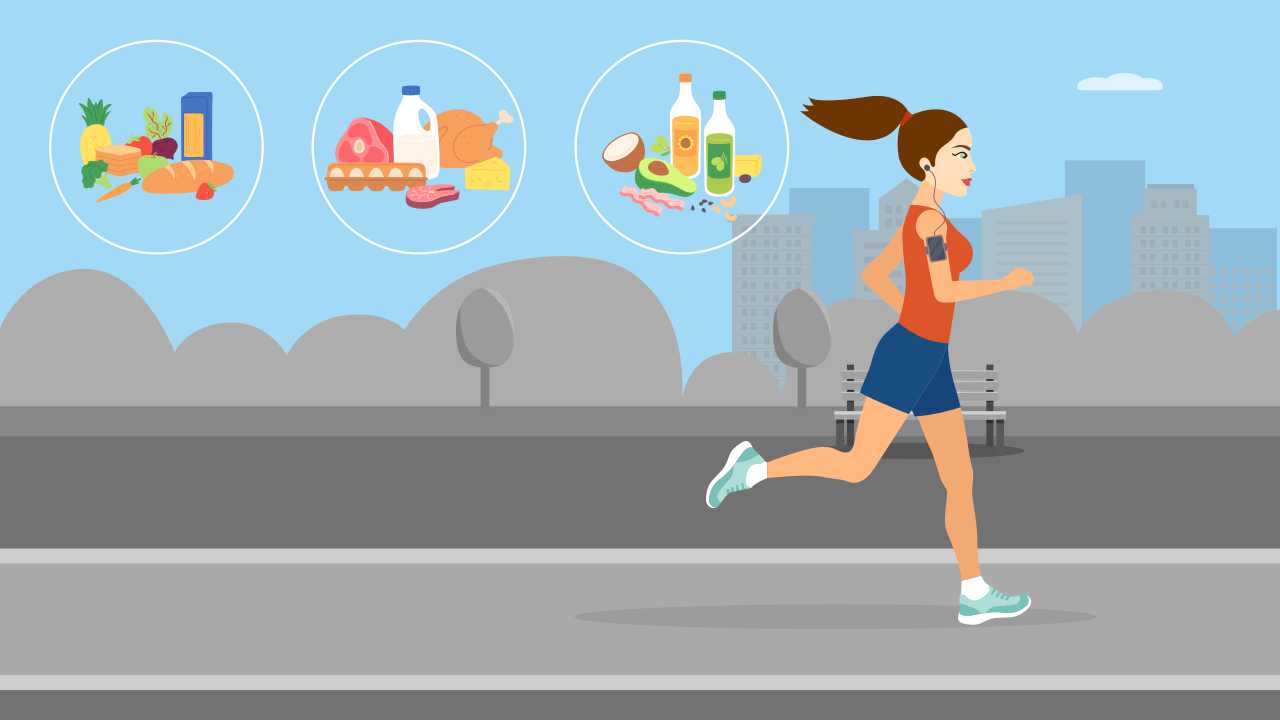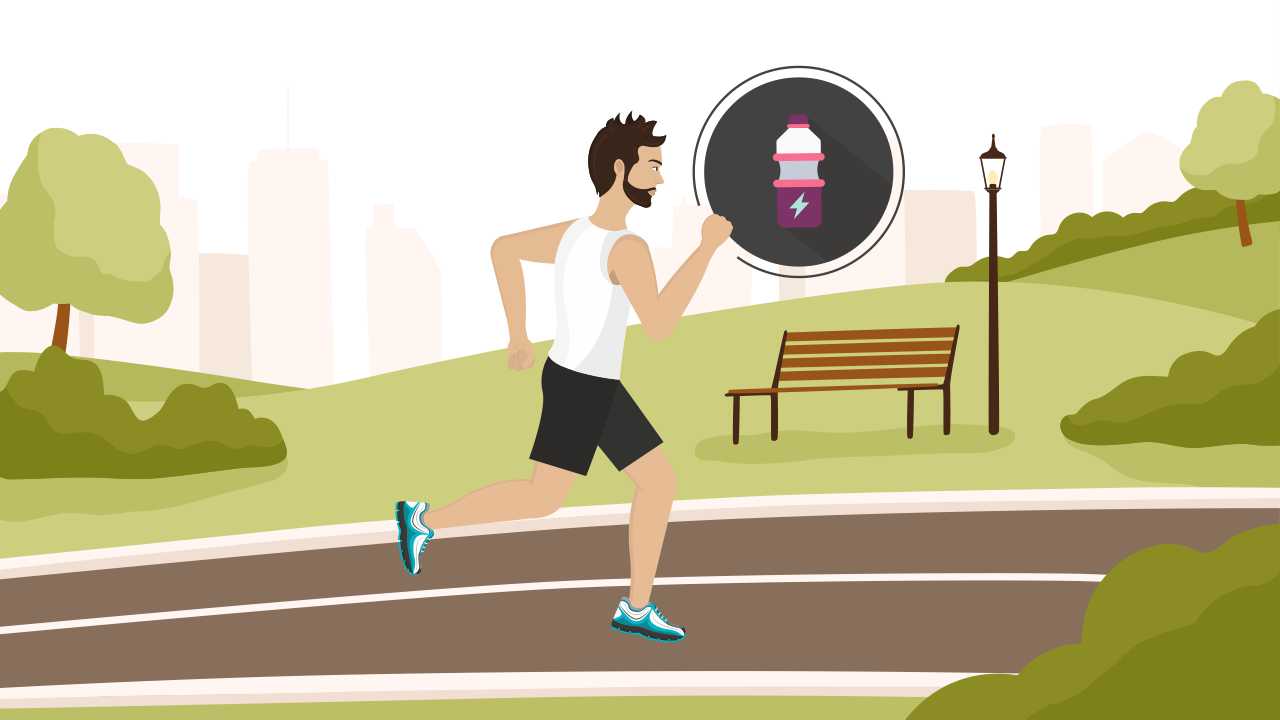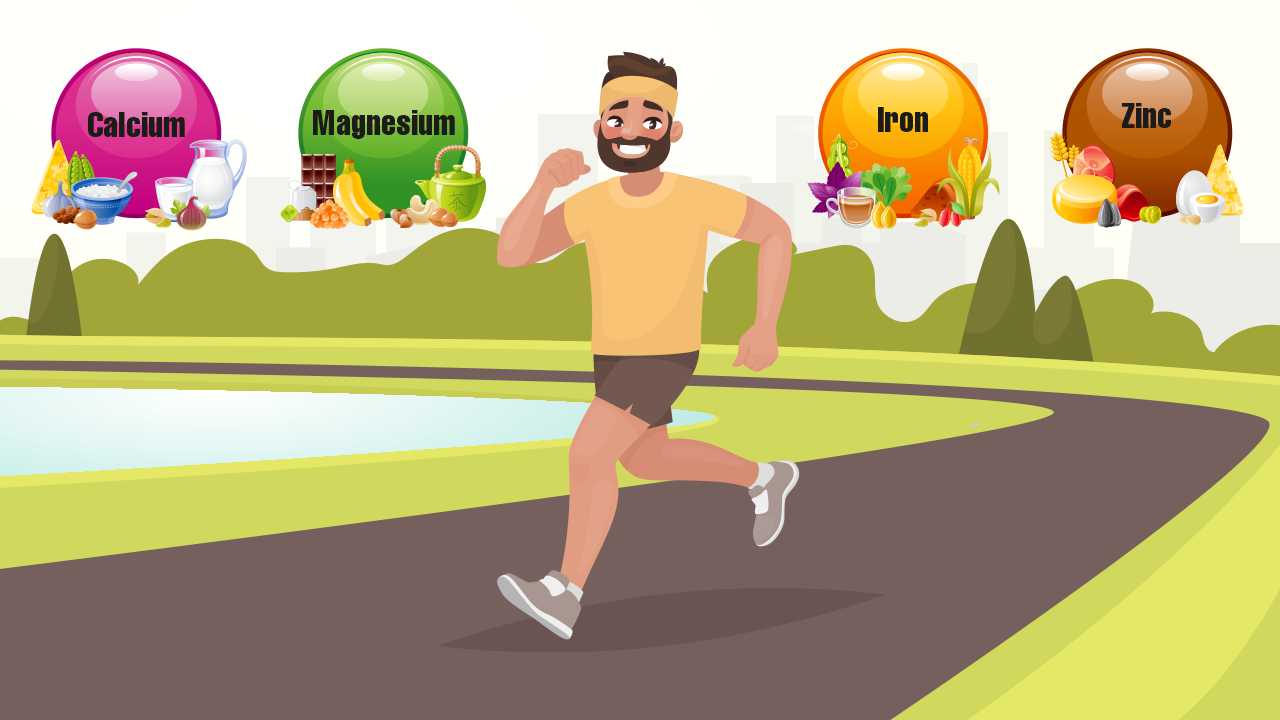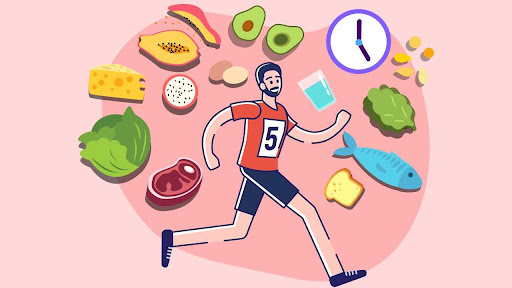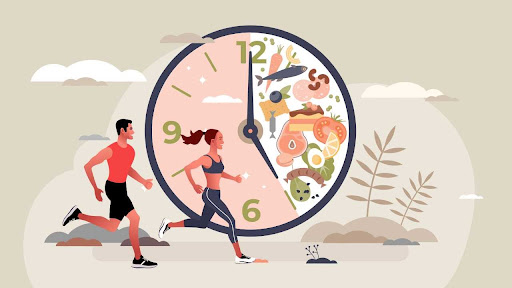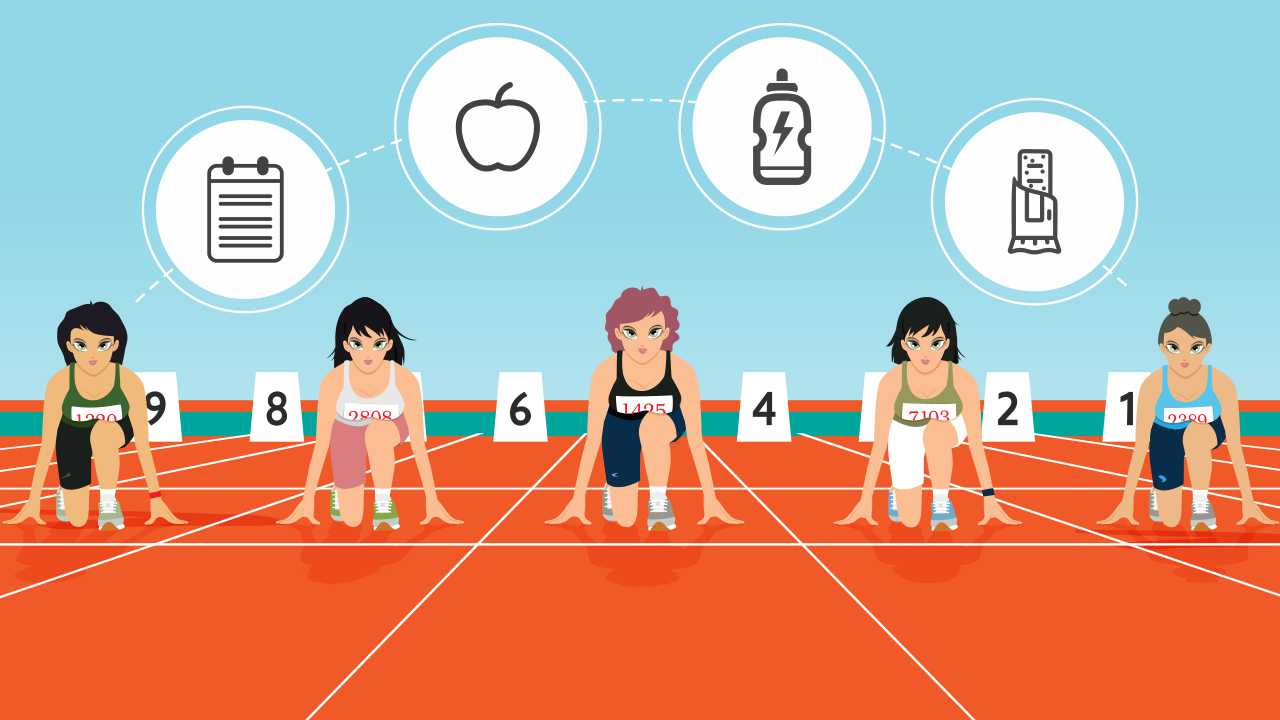
Nutrition Tips for the Perfect Marathon Taper
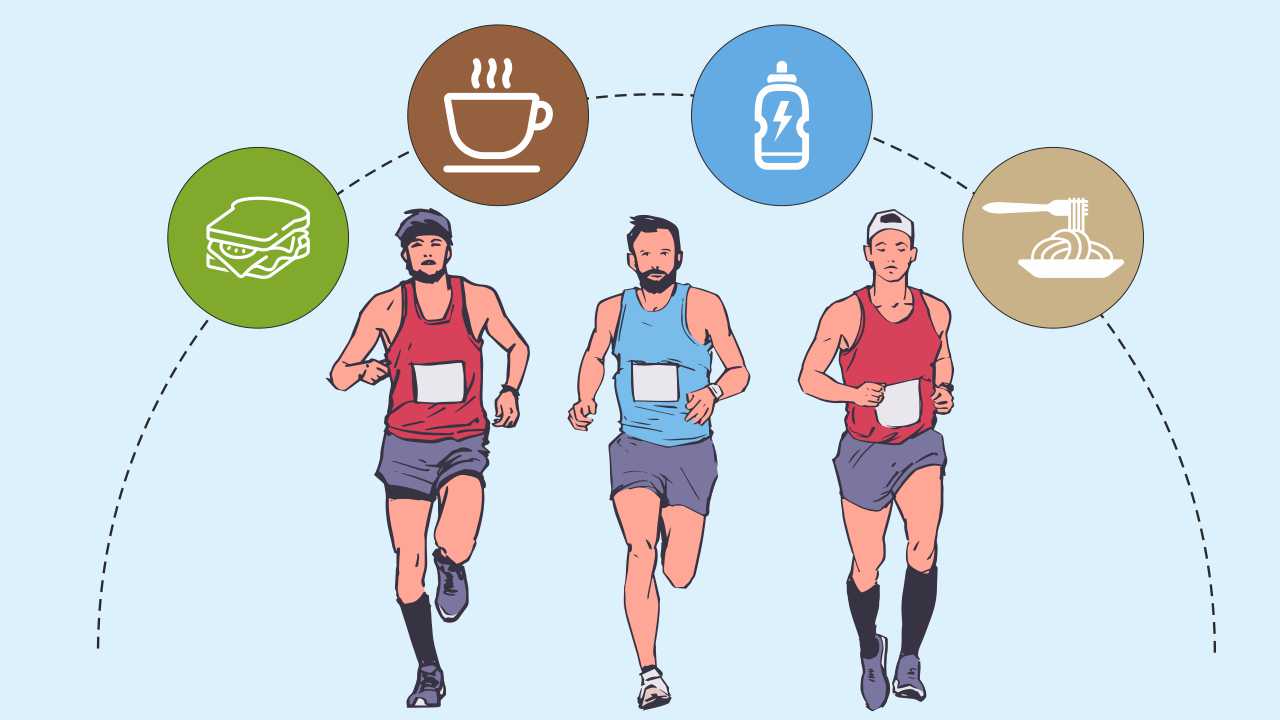
After months of training, the last thing you want to do is derail your efforts by not following proper nutrition strategies for marathon training. What to eat during taper week is one of the most-asked questions among both new and veteran runners. Tapering involves the reduction of exercise volume and intensity as an event approaches. Consider implementing these nutrition marathon strategies in the week leading up to race day.

Now is the time to pull back on the mileage you have been logging. A common marathon tapering mistake involves not tapering enough to allow your body to fully reload its glycogen stores. This leaves your fuel reserves depleted when you should instead be filling them to the brim. The goal of this period is to optimize your energy reserves for race day.
It can be difficult to relax in the days leading up to an event, but good lifestyle habits, including getting adequate sleep and managing stress levels, play a vital role in optimizing performance. So, be sure to practice self-care and allow your body to recover.
When it comes to nutrition, marathon tapering advice during this period includes eating 6g of carbohydrate (carb) per kg of body weight and spacing that consumption throughout the day in the form of snacks and meals. So, for an 80kg athlete, this equates to 480g of carbs per day or 1,920 calories from carbs. Good sources of carbs include sweet potatoes, pasta, brown rice, and whole grains such as quinoa and oatmeal.

As your taper continues, it is time to boost your carb intake. Importantly, the idea is not to include carb-rich foods in your current plan — adding too many calories can make you feel bloated and heavy. Instead, the goal is to consume the same number of overall calories while increasing the percentage of calories coming from carbs. To accomplish this, eat less fat and protein-heavy foods.
Also read: Carbohydrate-loading for a Marathon: A Step-by-step Guide
Increase your carb intake to around 7g to 10g per kg of body weight. So in this scenario, that same 80kg athlete needs to increase their carb consumption to anywhere between 560g and 800g of carbs per day or 2,240 to 3,200 calories daily.

Your last large meal should be two nights before the race, which means that if your race is on Sunday morning, then your last heavy meal would be on Thursday night. This gives your body the time it needs to digest, which will minimize bloating on the morning of the race. Old-school ideas like loading up with a huge pasta dinner the night before a marathon are outdated. This may leave many people feeling lethargic when they reach the starting line.
Many runners opt for pasta for that final big meal but one night earlier than the method just described, while other options include rice, potatoes, and pizza.
Increase your carb intake to around 10g to 12g per kg of body weight. For that same 80kg athlete, this means an increase to between 800g and 960g or 3,200 to 3,840 calories per day.
Another good tip for nutrition for marathon taper involves limiting high-fiber foods like whole grains and fibrous vegetables about three days before the race. A low-fiber diet can make you feel lighter during the event and prevent unwanted pit stops.
Also read: Healthy Carb-rich Indian Recipes for Runners
Moreover, it is essential to stay optimally hydrated by consuming fluids with electrolytes or using electrolyte tabs during this time, and in the remaining period leading up to the event.

Be minimally active on this day and refrain from overeating. As the day passes, eat small meals every two or three hours. After lunch, transition to eating light, easily digestible foods like energy bars and small sandwiches. Avoid red meat, fried foods, and dairy items. Again, focus on hydration and avoid salty and high-fiber foods.
Nutrition strategies on race day
Never forget the most important pre-race nutrition tip — do not try anything new. By this point in your training, you should have already experimented with the types of foods, as well as the quantity and timing. So, this is not the time to do last-minute research or listen to tips from a friend and explore a new product or strategy.
Wake up early to give yourself enough time to eat a small breakfast and begin digesting before the race. This meal should supply extra carbs to top off your glycogen stores, which will help you maintain steady blood sugar levels during the race. Aim for eating 1g to 2g per kg of body weight for breakfast, with the higher end of that range being reserved for runners who give themselves four or more hours to digest before the event begins. Limit fat and protein intake during this meal as they take longer to digest and can make you feel sluggish.
Meal options include oatmeal, a banana, bagel with peanut butter, toast with honey, dry cereal, and coffee. Do note that research has consistently found that caffeine enhances athletic performance, improving both endurance and speed. In addition, caffeine alters the way we perceive exertion as high-intensity effort seems less taxing.
Some runners also opt to consume an energy gel right before the start of the race.
Mostly, drink water with some fluid that contains electrolytes. This recommendation changes a bit if it is going to be particularly warm during the race, wherein you may need additional electrolytes. Drink slowly and take small sips rather than chugging
Fluid replacement should begin before exercise or race commences and should continue after the session or event concludes.
Before exercise/race: Drink 5mL/kg to 7mL/kg of body weight at least four hours before exercise/race. Drink an additional 3mL/kg to 5mL/kg two hours before exercise/race if urine is not produced or is very dark.
During exercise/race: The goal is to prevent more than 2% loss in body weight, so the amount of fluid that you consume during a competition or race should be determined via trial and error during your training. Competition day is not the time to be guessing about how much sports drink to consume.
After exercise/race: The consumption of your normal meals and beverages should enable you to restore your hydration levels.
Also watch: How to pace yourself for race day?
Additional tips and strategies
1. Listen to your body
You will be burning fewer calories as you taper your training, so eat only when you’re hungry while adhering to the strategies above.
2. Do not worry about weight gain
Many runners gain a kg or two in the final week before an event, which can be a sign of a well-handled taper. You will need that stored glycogen and water during the race.
3. Continue to eat healthy
Do not take advice like “load up on carbs” in such a manner that you end up consuming empty calories or unhealthy snacks.
4. Consume protein as well
While carbs may be the focus, protein is important to heal the muscles during the taper. About 1.5g of protein per kg of body weight or two small servings of protein per day should be sufficient.
Following these tips will ensure that you have a safe and successful running experience during the highly anticipated marathon. Plan smart and enjoy your run.
References
1. Thomas DT, Erdman KA, Burke LM. Position of the Academy of Nutrition and Dietetics, Dietitians of Canada, and American College of Sports Medicine: Nutrition and Athletic Performance. Med Sci Sports Exerc 2016; 48: 543–68.
2. Muth, ND. Sports Nutrition for Health Professionals. Philadelphia: FA Davis, 2015.


